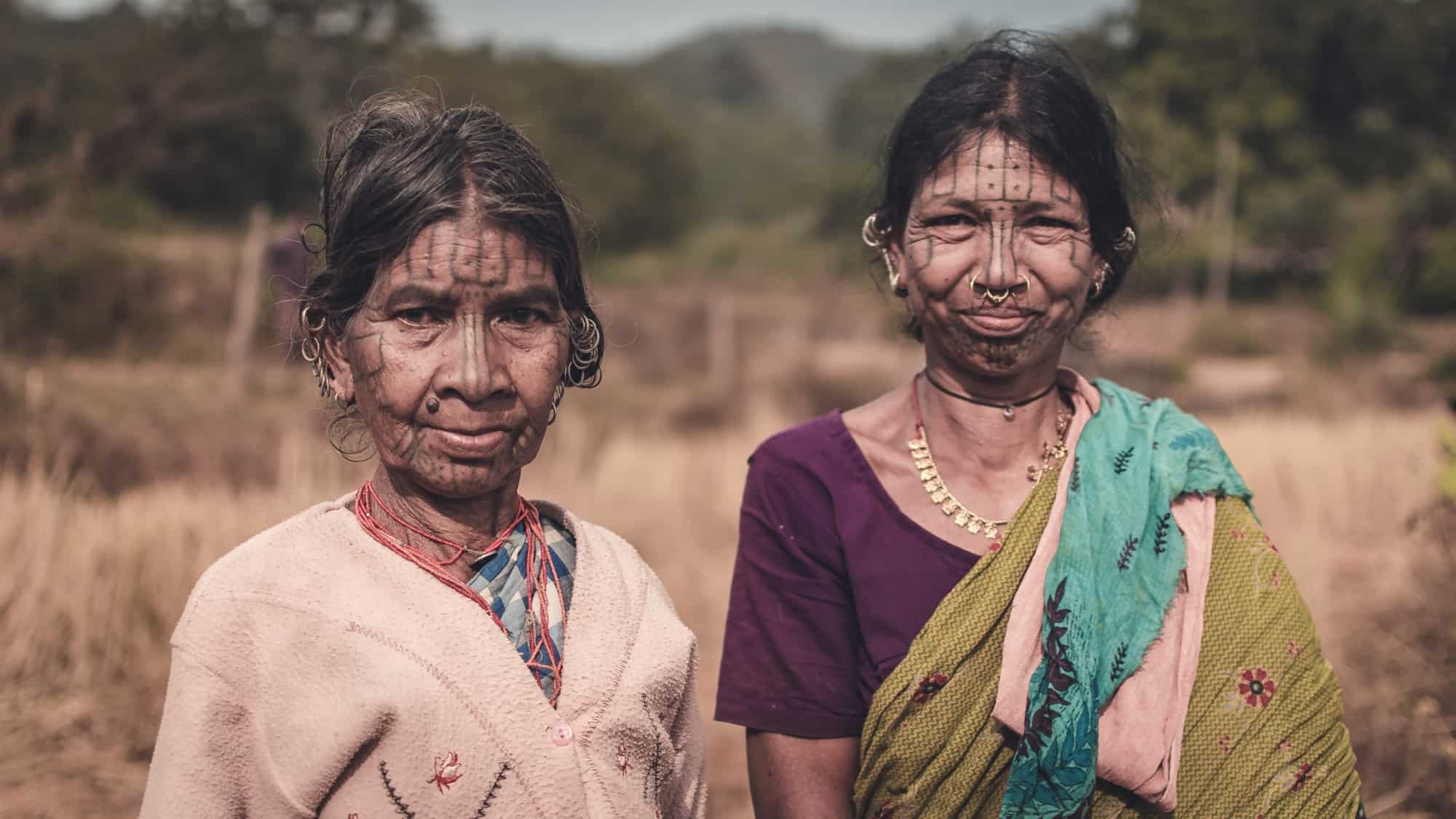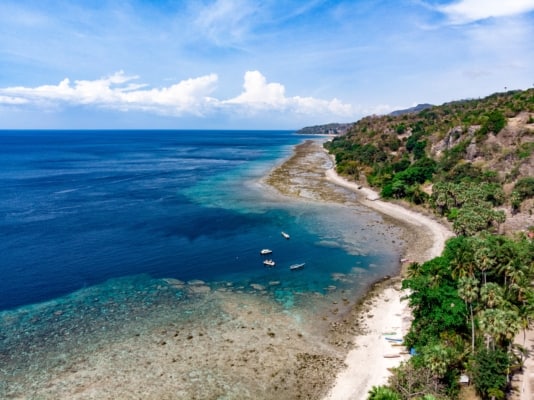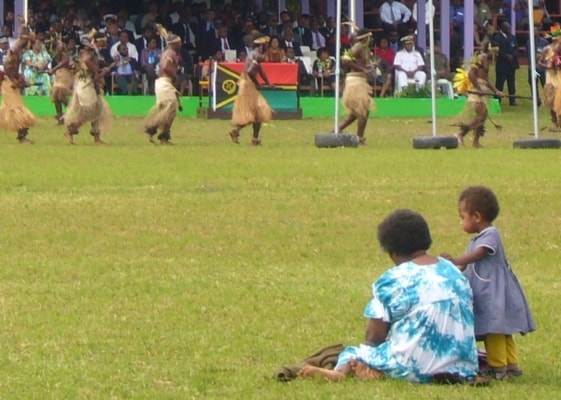In celebration of International Women’s Day (IWD), DLP have compiled a list of key takeaways and recommendations for supporting women’s political leadership, creating politically aware gender programming, the power and potential of women’s coalitions and more.
DLP also has a special IWD guest blog by Mia Hyun, exploring the role of political leaders in preventing violence against women.
Women’s political leadership
Current research in Sri Lanka and Indonesia is exploring what enables and prevents women’s political leadership to better understand effective strategies for supporting women seeking to enter politics. In their recently published journal article, Fitria Harahap et al. suggest those seeking to support women’s political representation in Indonesia should focus on strategies that help women to achieve votes without exchanging cash or gifts. This builds on initial findings from last year that highlighted costs of standing in an election as a major reason for women involved in grassroots politics and social activities deciding not to enter politics.
Initial findings from Sri Lanka show that significant barriers to women’s political careers include gender-based violence, media sexism and the expectation that political candidates will offer monetary handouts to voters. Nonetheless, as our researchers argue in this DLP blog, some women overcome these in a variety of ways, including through family, husband and community support, familial political ties and the acknowledgement women politicians have something important to offer.
Financial barriers are also cited as key barrier to women entering politics in research on women’s political leadership globally, along with violence, and gendered norms around caring and domestic roles. Our blog post advises policymakers should take a two-pronged approach to address this, providing opportunities for women to develop these political skills and resources and tackling the barriers that prevent women from using these skills and resources once they have them.
Why do some women political leaders succeed, despite barriers? Our interviews with three of the most prominent women in Pacific Island politics (Hilda Heine from the Marshall Islands; the Honorable Fiamē Naomi Mata’afa from Samoa; and Dame Carol Kidu from Papua New Guinea) emphasise that family resources, education, community, a reputation for expertise, strategies for working in male-dominated environments and international networks all matter to their success. These experiences suggest that donor interventions need to take a long-term view of political and social change to successfully support women’s political leadership.
Integrating gender analysis and politics in practice
Explore five lessons on how a gendered understanding of power and politics can make development work more effective in this short briefing note. For more, look at this longer summary of approaches, reflections, and lessons learned from around the world, as well as in-depth studies into labour reform in Vietnam’s garment industry and transgender empowerment and social inclusion in Indonesia.
Girls’ education
Many barriers to girls’ education are influenced by factors outside the education system, such as child labour, early marriage and gender-based violence. Rebecca Gordon and Pauline Rose explain how tackling these issues requires political leaders to recognise the need for a whole-system approach that engages a diverse range of stakeholders, from women’s organisations to youth-led organisations and local leaders.
Community development, women’s coalitions and digital feminism
Simbo for Change, a locally-led movement (previously a donor-funded project) in Solomon Islands’ Western Province, offers lessons on the importance of light-touch approaches from external funders to support local leadership and community-led positive social change. Learn more about how its founder, Esther Suti, worked carefully within the informal structures of her tribe to create a collective project, and built up women’s skills without excluding men or incurring backlash.
Research into coalitions and community development shows three common factors in the success of women’s coalitions in Papua New Guinea and Malaysia: long-term engagement and commitment from key people and organisations, sensitivity to challenges and the socio-political terrain, and trust.
Social media has the potential to put pressure on policymakers, challenge patriarchal perspectives in traditional media and offer space for feminist activists to network globally. Read more about DLP’s research on the power of digital feminism in Fiji here.










